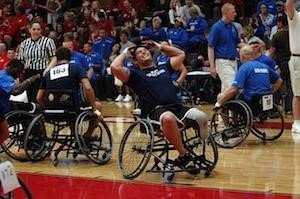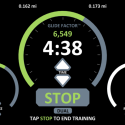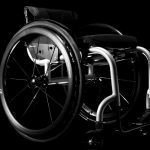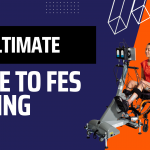For people living with a disability, it can be intimidating to participate in sports or activities. But, if you want to stay active and enjoy pushing your physical limits, you have several options available to you. The key is to have a positive attitude while pursuing activities that you don’t find boring or limiting. You are much more likely to stick with a sport or activity that you find both challenging and fun.
Build Your Confidence
Even if you are a positive, confident person, you may find yourself hesitating to join a team sport or activity that involves strangers because you don’t know how they will respond to your disability.
One of the best ways to get and stay active is to build your confidence before you join. If you work with a physical therapist or occupational therapist, discuss the activities and exercises you can do at home and equipment you’ll need to better prepare you to participate in the sport or activity you most want to do. Then, build a home gym so you can work out at home and feel completely ready, both physically and mentally, to sign up for the sport or activity of your choice.
Find an Accessible Gym or Facility
Typically, gyms and facilities that are more accessible are friendlier to people with a disability. You need to feel welcome in the place where you will challenge yourself, and finding a gym that makes you comfortable and is equipped to meet your needs is half the battle. In most cases, the staff and members of the most accessible gyms and facilities have experience working with people with similar disabilities; they will welcome you with open arms and be excited to involve you in the sport or activity you want to try.
Build a Support System
As you know, having a support system is one of the best things you can do yourself. The same is true when you decide to participate in a sport or activity. Take a friend along when you visit a gym or facility that is on your short list. Or, if you sign up for a free exercise class trial, take your friend along to get her opinion. For example, if there is a dance fitness class or a traditional dancing class offered, ask your friend to join you to help you feel more at ease. Who knows? Your friend may love the class enough to sign up to continue to participate with you.
Make Goals and Track Your Progress
When you want to develop healthy habits and remain active or regularly participate in a sport, it’s good to set realistic goals from the start. Write down your goals, such as the exercises you want to do and the location and time you want to do them. Remind yourself of your goals to stay motivated; it helps to hang them in a place where you will see them frequently throughout the day. Then, as you work to reach your goals, track your progress and set new goals.
However, if you have trouble reaching your original goals, remind yourself that you are more active than you were before you started and that you have made some progress. Rework your original goals if needed and practice self-care when you get discouraged. Keep your mental and emotional health in mind while you work on your physical health. If you need a reward, work toward something that will make you happy. Push yourself but be kind to yourself as you adopt a healthier lifestyle.
If you still find that you cannot reach your physical goals, evaluate when you perform better and help yourself stay on track. For example, if you are more likely to stick to your activity in the morning, stop trying to exercise at night. Stay focused on what you are able to do, stay positive, and continue to participate in the activities that you enjoy most. If you continue to struggle to reach your original goals, talk with your healthcare provider or physical trainer. Specifically, address your obstacles and work together to find ways to overcome them.
Individuals with disabilities can participate in sports and activities that you enjoy. Consider working out at home first to build your confidence and then finding an accessible gym, taking along a friend, and making goals and tracking your progress to stay as active as possible.
Written by Ashley Taylor from disabledparents.org
If you are thinking about getting fit, why not have a look at our gym equipment that has been specifically designed to be used straight from your wheelchair, without needing to transfer.








Recent Comments